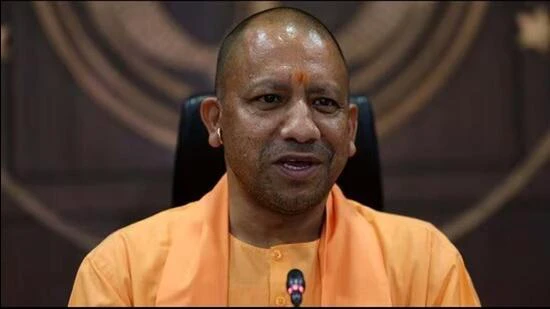LUCKNOW: Uttar Pradesh chief minister Yogi Adityanath, in his first reaction to the ongoing situation in Nepal, cautioned against ignoring seemingly minor issues, warning that they can escalate into major problems.
Speaking at the fifth convocation ceremony of the Ram Manohar Lohia Institute of Medical Sciences in Lucknow on Saturday, Adityanath said, “You must have seen what happened in Nepal. People ignored social media and now look at the consequences. The situation they are facing now shows how such neglect can disrupt development and progress, and create widespread confusion.”
He said, “Things that appear small, they collectively later bring a big problem.”
“Small things should be paid attention so that such a thing is not repeated elsewhere. We have to prepare ourselves according to the new situation” he added.
Earlier in the day, Prime Minister Narendra Modi extended his best wishes to his new Nepalese counterpart Sushila Karki, saying that India is committed to the peace, progress and prosperity of the people of Nepal.
The Indian government on Friday welcomed the formation of an interim government in Nepal led by former chief justice Karki and expressed the hope that this will lead to peace and stability in the neighbouring country.
Karki, an anti-corruption activist, is Nepal’s first woman PM. She was sworn in at the president’s office after being chosen by student groups whose protests this week led to the resignation of former prime minister KP Sharma Oli.
The so-called Gen Z protests against a social media ban expanded to target Oli’s administration over corruption and misrule. Oli quit after a crackdown on protesters by police left more than 20 people dead, mostly students, and hundreds injured.
Violence continued even after Oli’s resignation and mobs rampaged across Kathmandu and several cities on Tuesday, torching official buildings such as the Parliament and houses of political leaders. More than 50 people were killed before the situation was brought under control by the army.
Aditynath also told the gathering of doctors and medical students that medical institutes must collaborate with technical counterparts and work to use technology for better care and develop treatment protocols for the future.
“You can also collaborate with district level medical colleges to develop facilities there so that the load of patients can be divided. Once you develop colleges in districts, those colleges will develop basic health care facilities in their districts including community health centres and primary centres,” he said.
